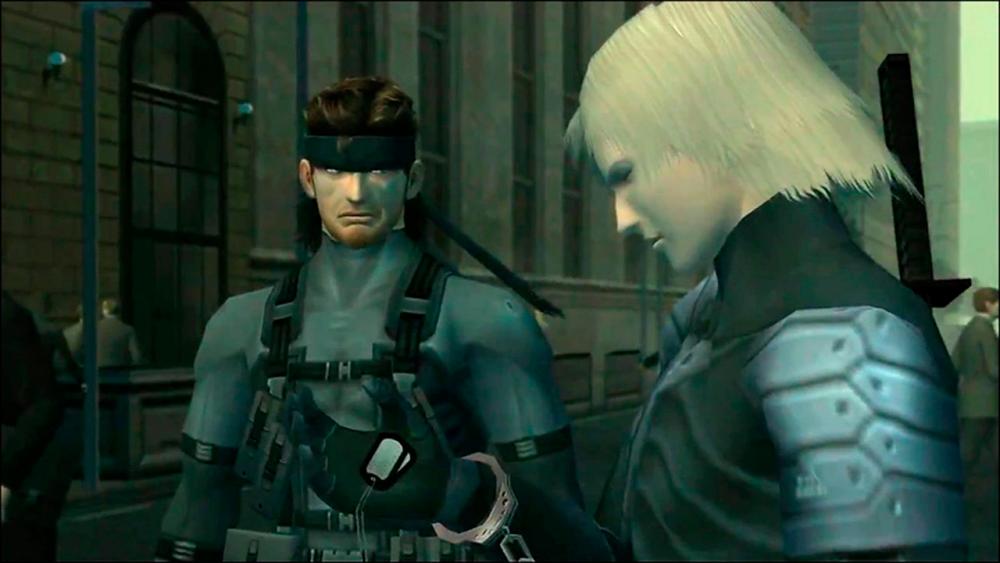IT was a great leap forward. The technological advancements at the turn of the century saw the gaming industry benefit greatly as visuals became even more stunning and developers were able to craft ever more intricate and detailed storylines to entice enthusiasts.
While the jump allowed creators, developers and publishers the means to push boundaries, some decisions did not go down well with gamers, with some industry decisions still resonating today with impassioned arguments surrounding them on gaming forums.
Here is a sample of some of the most controversial moments in gaming history this past quarter century.
Metal Gear Solid 2: Sons of Liberty
Released in 2001, Metal Gear Solid 2: Sons of Liberty (MGS2) was the follow-up to the highly successful Metal Gear Solid in 1998.
As the sequel to a game considered by many to be the “grandfather of modern stealth action games”, fans greatly anticipated MGS2 to continue the story of the previous games’ lead protagonist, the gravel-voiced Solid Snake.
Snake, a legendary super-soldier, was featured heavily in the game’s promotional material prior to launch and was even on the box art for the game.
When the game finally launched, players finally got to play as Snake for a whole two hours during the prologue. Konami and series creator Hideo Kojima then pivoted the game’s focus to a brand new, surprise protagonist.
Instead of playing the remaining 12 hours or so of MGS2 as Snake, players found themselves controlling a whiny, blonde, long-haired, pale, lanky soldier called Raiden. Needless to say, the blowback at the time was huge.
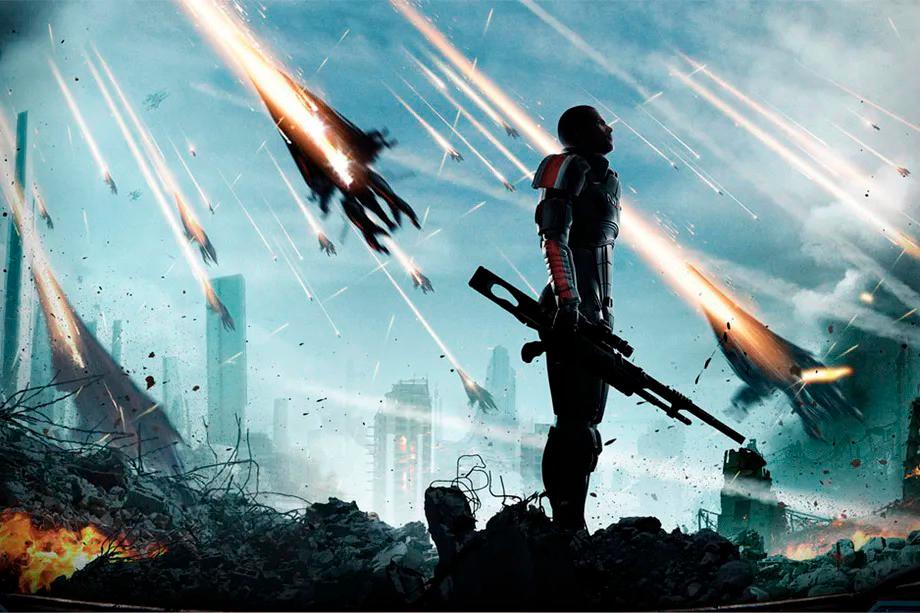
Mass Effect 3
A game that was set to close the chapter on one of the biggest science fiction stories set in the video game format, Mass Effect 3, was released to critical acclaim.
At launch, players found that the game had improved upon everything from previous entries and was set to end in dramatic fashion.
Then they reached the ending and realised there was none. The game ends on a cliffhanger with no resolution. Their individual choices that led up to the moment, which is something the series prides itself on, led to the same conclusion.
To this day, a decade later, the ending to Mass Effect 3 is one that is derided and mocked through internet memes.
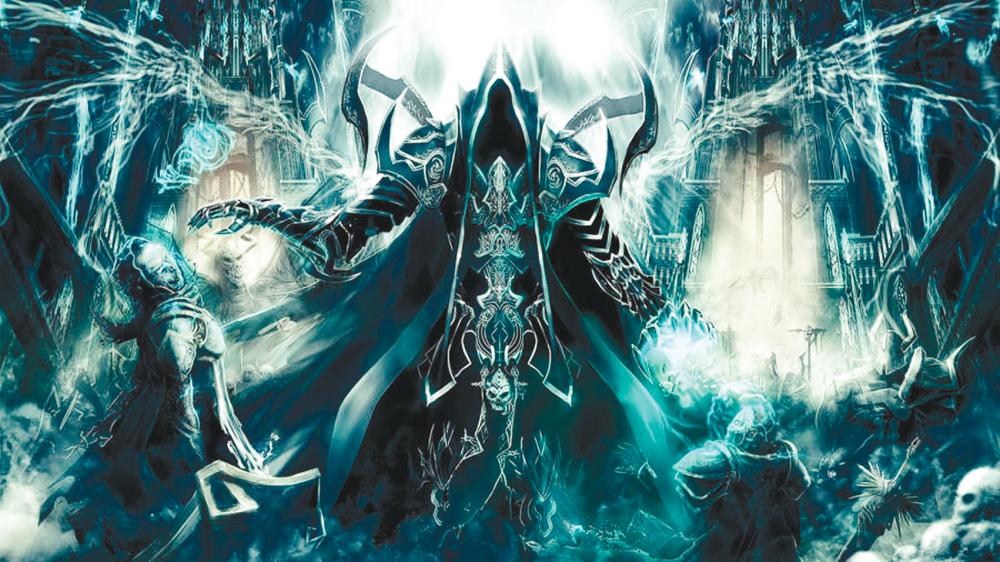
Diablo III
Diablo III faced initial server issues, hindering access to the online-only game. Its major controversy arose a month later with the introduction of the “auction house”, where players could buy and sell in-game items.
Due to a flawed loot system, progressing to higher difficulty levels requires utilising the auction house, creating a problematic imbalance between in-game gold and real-money transactions.
The system, marked by exorbitant prices, garnered substantial criticism, leading to its removal in 2014 after years of backlash.
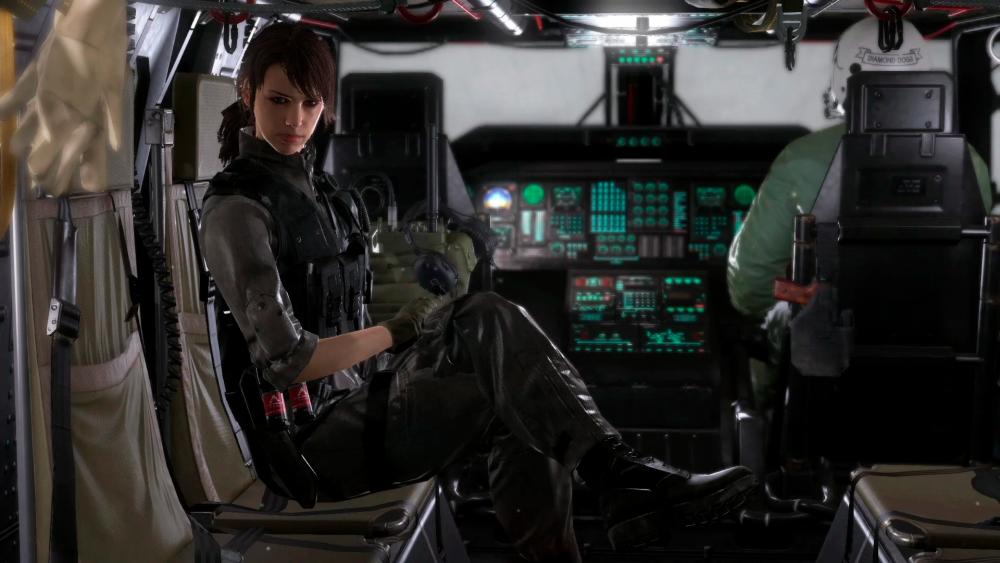
Metal Gear Solid V: The Phantom Pain
Series creator Kojima is no amateur in the field of controversy when it comes to executing his grand visions in the games that he creates.
Almost every one of his modern games has had some degree of controversy due to the creative liberties that he takes and Metal Gear Solid V (MGSV) has more than a few.
In the months leading up to the game’s release, Kojima revealed that David Hayter, the English voice actor for the game’s lead character, Big Boss, would not be returning to voice the role.
As Hayter has been voicing the characters of Solid Snake and Big Boss for several games for over a decade, this went down like a lead balloon, with fans used to Hayter’s ultra-macho tone.
As if that was not enough, Kojima introduced a new character – a mute, female super-soldier who went by the name of, wait for it... Quiet.
When she was revealed, there was immediate controversy, as the character was half naked, essentially wearing a bikini, in the game’s arid, blistering setting of Afghanistan.
In defence, Kojima tweeted that those criticising the decision would be “ashamed of their words and deeds” once they learned the reason behind the character’s exposure, which did not age well as the reasoning turned out to be preposterous.

Final Fantasy VII Remake
While the remake of the 1997 classic was well received, just like Mass Effect 3, criticism was thrown at its final act.
Though 90% of Final Fantasy VII Remake followed the original game’s story, the climax saw radical changes, such as how series villain Sephiroth shows up much earlier as the final boss fight and how his presence led to the introduction of the Whispers, cosmic entities that appear to guide the story so that it remains true to the original.
The remake’s climax was a confusing mess and fans did not like it.
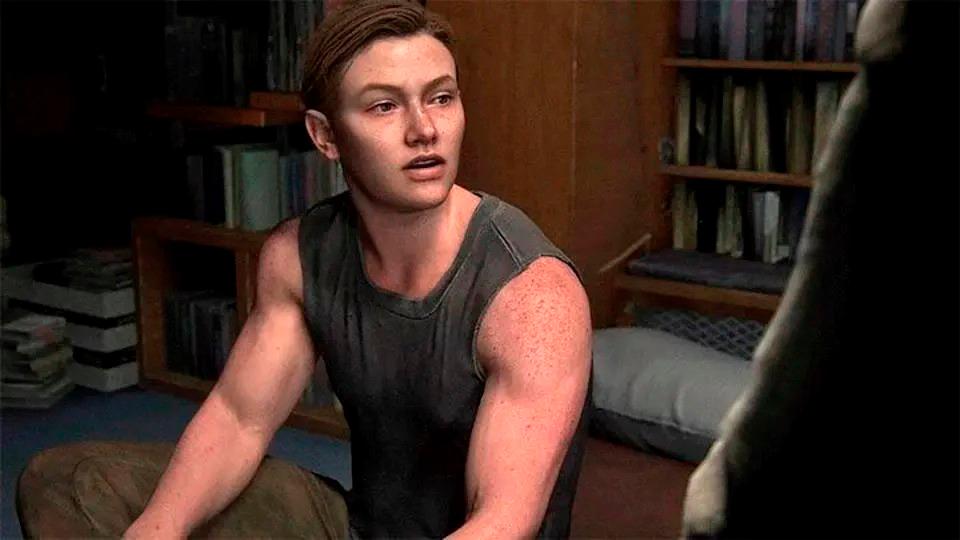
The Last of Us 2
The sequel to 2013’s The Last of Us, the game had a lot riding on it and even before release, Naughty Dog’s The Last of Us 2 became a magnet for toxicity. After being hacked, certain details of the game were leaked on the internet.
Fans and those keeping up with gaming news learned that Joel, the main character from the first game who had become a popular icon of fatherhood in gaming, would die at the hands of a new character called Abby in the sequel.
As an added fuel to the fire, the leaker claimed that Abby’s character was transgender. This was, of course, false, but the leaks caused such a magnitude of negativity that it bled into the game’s release and continues to fester to this day.
For example, the model who provided her face to Abby and the actress who voiced the character were harassed for months and even received death threats.



